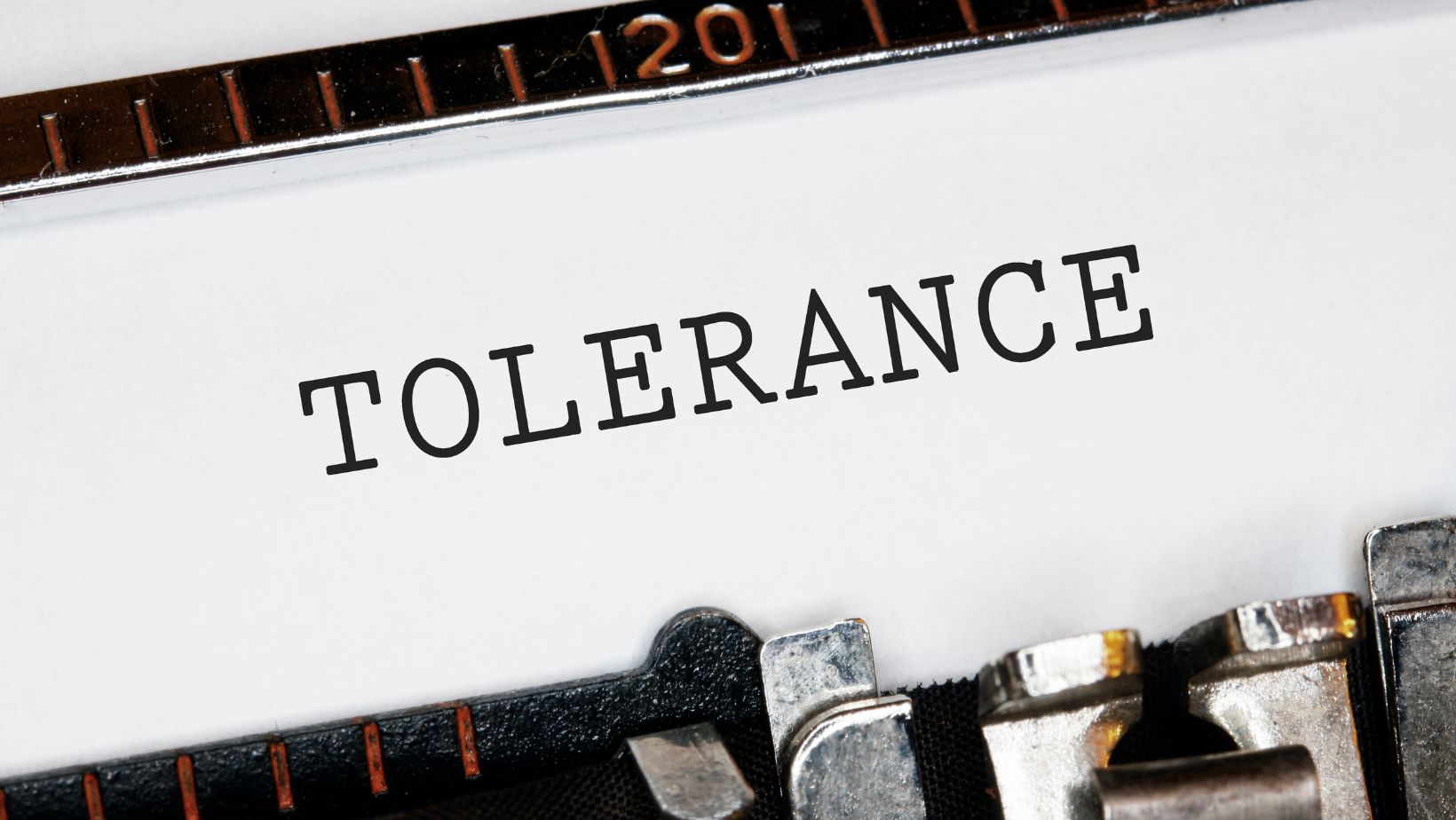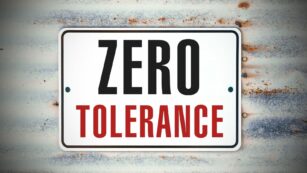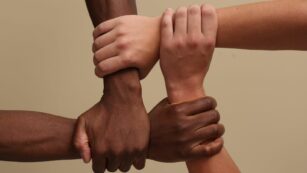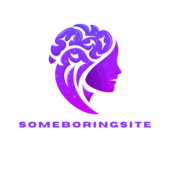
Exploring the intricate balance between tolerance and intolerance unveils the enigmatic concept known as the tolerance paradox. In today’s complex societal landscape, where differing viewpoints collide and diversity thrives, understanding this paradox is crucial. It’s a thought-provoking puzzle that challenges conventional wisdom and delves into the depths of human interaction.
Navigating the fine line between embracing diverse perspectives and safeguarding societal values can be a daunting task. The tolerance paradox poses a compelling question: how much intolerance should a tolerant society tolerate? As I delve into this intriguing topic, we’ll unravel the layers of this paradox and shed light on its implications for modern-day discourse.
The Tolerance Paradox
Definition and Origins
Exploring the tolerance paradox reveals the intricate dynamic between tolerance and intolerance in today’s diverse society. This concept challenges the norm by probing the extent of intolerance that a tolerant society can endure. It forces us to consider the fine line between maintaining open-mindedness and confronting behaviors that undermine the very tolerance we strive to uphold.
Key Components and Examples
 To grasp the essence of the tolerance paradox, one must understand its key components and tangible examples that highlight its relevance in today’s social landscape.
To grasp the essence of the tolerance paradox, one must understand its key components and tangible examples that highlight its relevance in today’s social landscape.
- Balancing Act: The core of the paradox lies in navigating the balance between promoting tolerance and addressing intolerant ideologies. It challenges us to discern when tolerance transforms into acceptance of harmful beliefs or actions, shedding light on the complexities of upholding inclusivity while safeguarding against divisive forces.
- Censorship Dilemma: A recurring theme within the tolerance paradox is the contentious issue of censorship. While advocating for free speech and diverse perspectives, societies grapple with the dilemma of censoring intolerant viewpoints that threaten the very fabric of tolerance. This delicate dance between upholding liberty and curbing hate speech exemplifies the nuances inherent in the tolerance paradox.
- Echo Chambers: In the age of digital interconnectedness, echo chambers emerge as a pertinent example of the tolerance paradox. While online platforms foster diverse conversations, they also fuel polarization by amplifying like-minded voices and stifling dissenting opinions. This paradox underscores the challenge of fostering open dialogue while mitigating the risks of echo chambers that perpetuate intolerance.
By dissecting the definition, origins, key components, and examples of the tolerance paradox, we unravel the complex interplay between tolerance and intolerance, shedding light on the implications of navigating this delicate balance in contemporary society.
The Role of Free Speech in the Tolerance Paradox
Balancing Speech and Harm
 In addressing the tolerance paradox, striking a balance between promoting free speech and preventing harm is essential. While free speech is a fundamental right that fosters open dialogue and diverse perspectives, it also poses challenges when individuals use it to incite violence or spread harmful ideologies. Upholding free speech values while curbing its potential negative consequences requires a nuanced approach that considers the impact of words and actions on society as a whole.
In addressing the tolerance paradox, striking a balance between promoting free speech and preventing harm is essential. While free speech is a fundamental right that fosters open dialogue and diverse perspectives, it also poses challenges when individuals use it to incite violence or spread harmful ideologies. Upholding free speech values while curbing its potential negative consequences requires a nuanced approach that considers the impact of words and actions on society as a whole.
Case Studies: Free Speech Challenges
Examining real-world case studies offers valuable insights into the complexities of free speech challenges within the tolerance paradox. Instances where hate speech incites violence or discriminatory rhetoric polarizes communities underscore the need to address the limitations of free speech in safeguarding social cohesion. By analyzing these cases, I gain a deeper understanding of the implications of unchecked speech and the responsibility that comes with exercising the right to free expression.
Legal Perspectives on the Tolerance Paradox
Laws and Regulations Globally
 I delve into the legal perspectives on the tolerance paradox, analyzing laws and regulations globally. Balancing societal harmony with individual freedoms is crucial in legal frameworks worldwide. In navigating the tolerance paradox, laws often seek to protect marginalized groups while upholding the rights of individuals to express diverse opinions.
I delve into the legal perspectives on the tolerance paradox, analyzing laws and regulations globally. Balancing societal harmony with individual freedoms is crucial in legal frameworks worldwide. In navigating the tolerance paradox, laws often seek to protect marginalized groups while upholding the rights of individuals to express diverse opinions.
Impact on Policy Making
Exploring the impact on policy making, I consider how the tolerance paradox influences decision-making processes. Governments and policymakers grapple with the complexities of fostering inclusivity while safeguarding against harmful ideologies. The need to strike a delicate balance between tolerance and intolerance shapes policy directions on issues such as hate speech, discrimination, and public safety.
